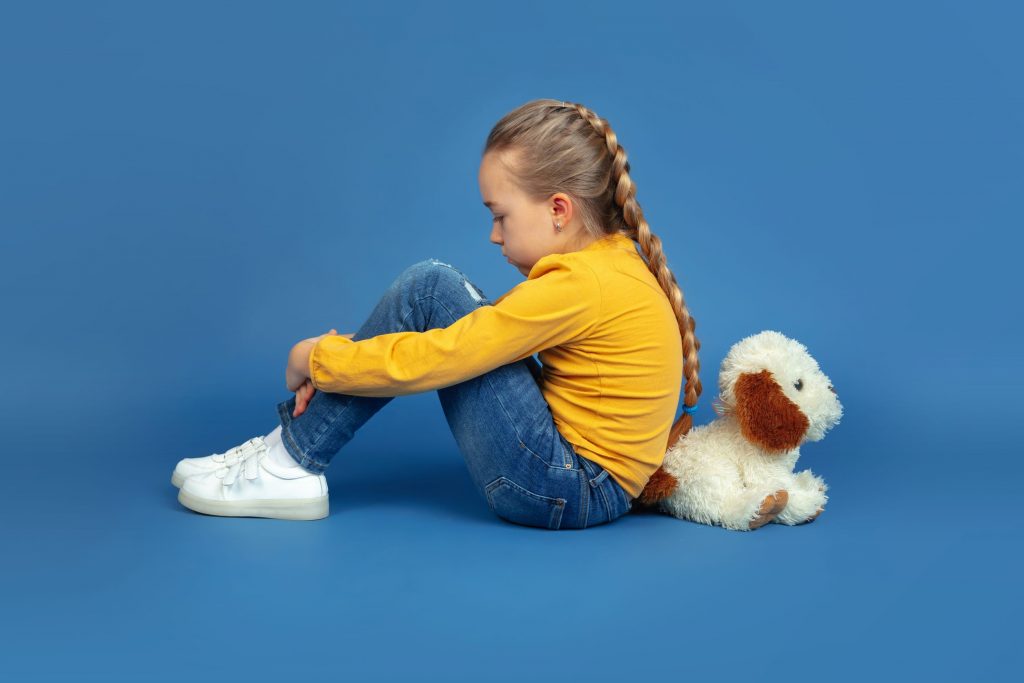By: Karissa Arce
I was talking about this topic with some of the parents in my class last time who were dealing with their older children. We were discussing whether it’s a better alternative or will it not instill valuable lessons because the weight of the “punishment” is not heavy enough to be “remembered.”
Personally, this helped me understand how to build better relationships not just with my students but in general. Natural consequences are the result of one’s actions – be it good or bad, there will be consequences. It might not be that easy to understand why it’s a better (by better I mean, more reasonable) way of dealing with unwanted situations because this is something a lot of us did not experience growing up. I for one did not grow up in this kind of set up. When I did something, even if it was an accident, I would get scolded. Now that I am an adult with a better understanding of how things work, when I learned about this, it makes more sense.
How does natural consequences apply? Here are some situations:
SITUATION 1
A 12-year-old child got suspended for bullying another child in school. When the child got home, the child was scolded by their parents and as punishment, all gadgets were taken away and they were grounded for a week.
Natural consequence: Instead of taking away their gadgets and grounding the child for a week as punishment, process what happened to your child. Explain why what they did was not right and acceptable. Create a safe space and ask the child why they did what they did and discuss how they can do better next time. You don’t need to punish them. Why? Because they were already punished by being suspended.
SITUATION 2
You have a rule in your house that food is not for playing, otherwise it will be taken away. Your child started throwing the spaghetti on the floor. You took away the food and your child started throwing a fit because they still want to eat but you took it away. You got upset with the way they behaved, and you decided to put them on time out.
Natural consequence: Instead of putting your child on time out, give them time to calm down, and then process what happened. Reiterate the rules regarding food and the action they did that made you take the food from them.
SITUATION 3
Your child was dragging their bag instead of carrying it nicely. You reminded your child to carry the bag correctly or it might break. Your child continued to drag their bag until it broke, and their things were on the floor. You got upset and scolded your child with what happened.
Natural consequence: Instead of scolding your child, you talk to them about the action that they showed. Process how the action created the outcome instead of scolding them. What will happen to their things? Let them carry it.
Basically, natural consequences are the direct result of their actions. Not punishment or any action imposed by an adult or another person to make them “learn their lesson” but an actual result of their actions. The adult’s role here is to process what happened instead of adding more stress or creating punishment to outline the point. Your job is to help them understand that they need to learn to be responsible and be aware of their actions. Getting mad or adding more punishment does not really help your child understand why what they did was not acceptable. Instead, it will create fear (fear does not equate to discipline. Please do not confuse that), confusion and lack of understanding with their actions.
Natural consequences over punishment whenever you are dealing with unwanted behavior. Sometimes even if it’s not an unwanted behavior. It could be anything where they have to choose – it’s raining outside, if you don’t bring an umbrella, you will get wet; you have an early start tomorrow and you stayed up late, and it made you late. Teach your child to be mindful and learn more about how their actions create an impact around them. And for us adults, it teaches us to be better when it comes to handling situations with respect and awareness as well.

